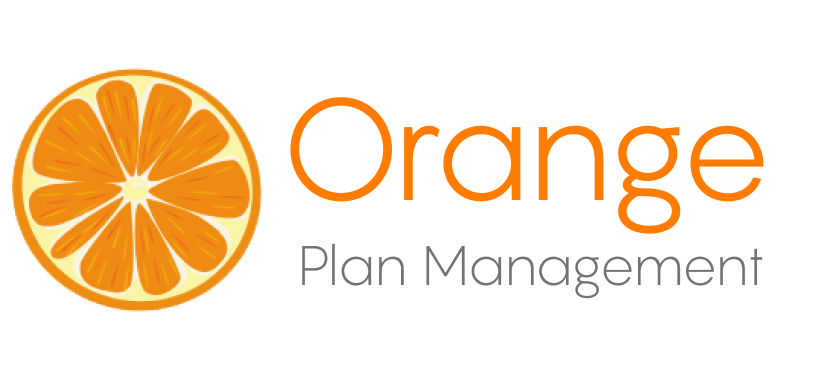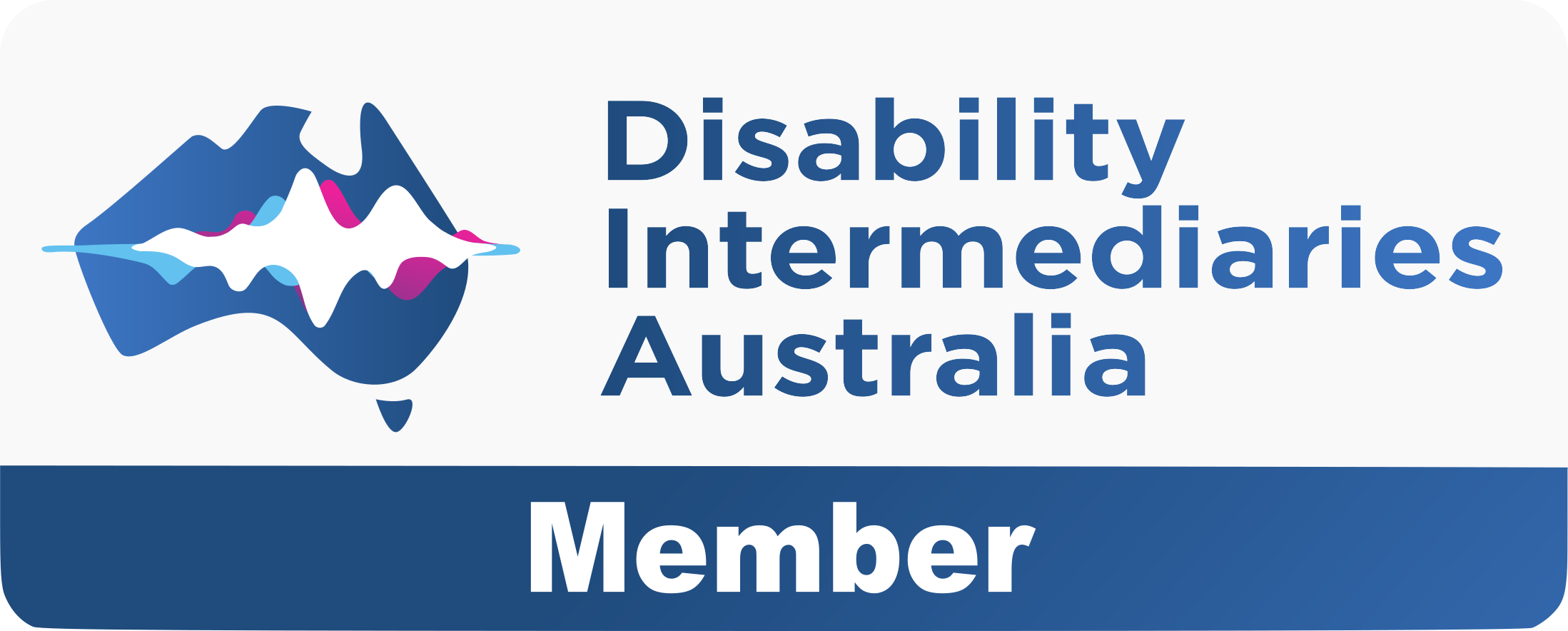
On the 3rd of October 2024, the Australian Government and the National Disability Insurance Agency (NDIA) began rolling out a number of changes that may impact the way providers work and invoice their clients. These changes relate to many aspects of the National Disability Insurance Scheme (NDIS), including a new list of supports that can and cannot be funded by the NDIS.
Jump to:
- What are the changes to the NDIS?
- How will these changes impact NDIS participants?
- NDIS support changes
- How will these changes impact providers?
- Previously approved supports
- Changes to the reasonable and necessary criteria
- Changes to budget totals
- New claims and payments framework
- Provider registration changes
- Additional resources
What are the changes to the NDIS?
From the 3rd of October 2024, the NDIS will only fund supports directly related to the impairments that led to the participant’s acceptance into the scheme.
A new list of what is and what is not an NDIS support has been provided alongside changes to the reasonable and necessary criteria.
It is the provider’s responsibility to ensure a participant is able to claim for the products or services delivered and has enough funding in their NDIS Plan to pay for the support.
How will these changes impact NDIS participants?
On the 3rd of October 2024, the National Disability Insurance Scheme (NDIS) introduced new lists of supports that aim to clarify what you can and cannot spend your NDIS funding on moving forward. While most items on the lists are not new, the updated lists aim to resolve several grey areas that may have been previously confusing.
Most NDIS participants won’t be impacted by the recent changes and the release of new these NDIS supports lists, however we recommend familiarising yourself with the lists or speaking with your support network about these changes.
The new list of supports outlines:
- What you can spend your NDIS funds on
- What you cannot spend your NDIS funds on
NDIS support changes
Generally, the NDIS will only fund supports directly related to the impairments that led to a person’s acceptance into the NDIS.
In addition, your support must meet the following criteria:
- Helps with your individual goals and aspirations
- Helps your social and/or economic participation
- Is value for money, which means that:
- The cost of the support is similar to or cheaper than alternative options that can provide you with the same outcome, and/or
- Purchasing the support is likely to reduce the costs of funding for other supports in the long term
- Is effective and beneficial for you
- Helps to maintain your informal supports
- Is the responsibility of the NDIS to fund
What is an NDIS support
Some of the supports that the NDIS may fund include:
- Assistive equipment for sports or other recreational activities
- Supports to help you participate in work and the community
- Assistive products and supports for daily personal activities
- Household task supports including meal preparation, yard maintenance, and cleaning
- Development of daily care and life skills
- Group and centre based activities
- Home and vehicle modifications
- Therapeutic and allied health supports
- Assistive Technology (AT)
- Personal mobility equipment
What is not an NDIS support
There are some items and services that the NDIS will not cover under the new lists, including:
- Accommodation and household living costs
- Finance and payment costs such as insurance, fines, and donations
- Food, groceries, and fast food services
- Lifestyle items such as cigarettes, vapes, and gambling
- Internet and mobile phone plans, smart devices, and sim cards
- Costs related to travel, such as holiday packages, airfares, and petrol
- Animals (other than NDIS funded assistance animals) including pets and pet products
- Pharmaceuticals, medicines, and vitamins
- Alternative and animal therapies
What happens if you buy a non-NDIS support?
If you believe you have purchased a non-NDIS support, you should contact the NDIA as soon as possible on 1800 800 110 to seek further information and correct any mistakes.
How will the NDIS changes impact providers?
There is a new definition of NDIS supports, including updates to supports the NDIS will not cover. The National Disability Insurance Agency (NDIA) will not accept claims for products and services that are included in the updated ‘not an NDIS support’ list without written approval from an NDIA planner. It is the provider’s responsibility to ensure a participant can claim for the products or services delivered and has enough funding in their NDIS Plan to pay for the support.
As of the 3rd of October 2024, the NDIA will only fund supports related to the impairments that led to a participant’s acceptance onto the scheme. A new definition of NDIS supports aims to provide clarity on:
- What participants can spend their NDIS funds on
- What participants cannot spend their NDIS funds on
This list of NDIS supports will remain in place while the government continues to work with the states and territories on the final list. This change applies to all participants and their providers.
It is crucial that all providers familiarise themselves with the new NDIS supports list. If you provide products or services that are considered ‘not an NDIS support’, the participant will need to provide written approval from an NDIS planner in order to claim these products or services.
The NDIA has indicated that providers will take on the risk of non payment if they bill a participant’s plans for products or services that are not NDIS supports.
Previously approved supports
The NDIA has advised that participants can still access stated supports in their current plan, as well as supports found to be reasonable and necessary by the Administrative Appeals Tribunal (AAT), even if these are now on the excluded list.
This means that if a support was previously approved, it can still be accessed even if it is on the excluded list under the new guidelines.
Replacement supports
In specific circumstances, participants can request a replacement support for items that are generally considered non-NDIS supports. There are two types of supports where this applies.
- Standard commercially available household items. You will be asked to provide clear evidence that the item relates specifically to your impairment or early intervention requirements. The replacement support must also increase whole task independence and reduce or eliminate the need for a support worker or disability specific assistive technology.
- Smart watches, tablets, smartphones or an app used for accessibility or communication purposes. Participants who require the use of a smart devices to meet communication and accessibility needs may be able to apply for a replacement support. For example, a person with complex communication needs who uses a tablet as an alternative communication device and where this is the most appropriate solution for their needs.
For more information on requesting replacement supports, visit the NDIS Replacement supports page. You can also access and complete an application form to request a substitution or replacement support from the NDIS on this page.
Changes to the reasonable and necessary supports criteria
In addition to the existing reasonable and necessary criteria, all supports funded by the NDIS need to be directly connected to the impairment that gains a person entry to the scheme. There is some flexibility for environmental factors or additional impairments, which may continue to evolve over time.
The words ‘most appropriately funded or provided through the NDIS’ in the current criteria will be replaced by ‘the support is an NDIS support for the participant’.
Changes to budget totals
Plans approved after the 3rd of October 2024 will have a total budget amount instead of individual line items. This is known as total funded supports and aims to make it easier for participants to monitor their funding.
The NDIA has made it clear that people cannot spend more funding than is available in their plans, and has stated that over-utilisation of NDIS Plan funds is not grounds for a reassessment. Providers take on the risk of not receiving payment if services are delivered outside of approved plan budgets.
New claims and payments framework
The government will introduce a claims and payments framework to provide clarity on how NDIS claims should be made.
For the first 12 months following these changes, the NDIA will honour all claims made for supports provided before the law came into effect on the 3rd of October 2024. In the future, all claims will need to be made within two years of providing the support.
The new legislation rules around excluded services apply to any claims on or after the 3rd of October 2024.
Provider registration changes
A taskforce has been established to provide recommendations to the government surrounding provider registration. Some of the initial recommendations from the taskforce include four new registration categories based on the risk level of supports provided. At this stage, the NDIA has not released much information about how the new graduated risk-proportionate regulatory model will operate.
The NDIS Quality and Safeguard Commission will begin consultation on changes that will make registration compulsory for:
- Support Coordinators
- Supported Independent Living providers
- Online platforms
These providers do not need to register immediately, as the timeframe and process for the transition is yet to be determined. Registration requirements and processes for other types of providers are expected to be clarified by the taskforce in the coming months.
Other taskforce recommendations include the introduction of a worker registration scheme for all workers, expansion of functions of the NDIS Quality and Safeguards Commission, and changes to the complaints process.

